Resilient Gwinnett
We increase public understanding of resilience and trauma while providing evidence-based resources, programs, and services that support individuals, families, and organizations across Gwinnett County.
Resilient Gwinnett Approach
Promoting
Positive Childhood Experiences (PCEs)
Preventing
Adverse Childhood Experiences (ACE)
Practicing Trauma-Informed Care (TIC)*
*Non-medical care
Resilience definition
While we cannot prevent all of life’s ups and downs, we can help children develop the skills and knowledge to cultivate a resilient spirit, practice self-care, and build compassion.
Resilience doesn’t eliminate pain or hardship, but it equips individuals to find meaning in adversity, strengthen coping skills, and foster positive growth over time.
The 7C’s of Resilience - Our Building Blocks for a Resilient Gwinnett

What is trauma?
According to the Substance Abuse and Mental Health Services Administration (SAMHSA), trauma is an event, series of events, or sets of circumstances that a person experiences as emotionally or physically harmful or life-threatening. These situations may affect an individual’s mental, physical, social, functioning, emotional, or spiritual well-being.
According to World Health Organization (WHO), globally, one out of seven 10 - 19-year-olds experience mental health conditions, that are largely unrecognized and untreated.
The three types of trauma

Complex Trauma
Early childhood events can profoundly impact a child’s development and attachment formation, affecting their coping and functioning in adulthood.
Chronic Trauma
Any multiple or repetitive traumatic events that produce a cumulative effect are considered chronic trauma.
Acute Trauma
These events are one-time traumatic incidents that have short-term effects and typically lead to a relatively swift recovery.
The three E’s of Trauma
Event
It’s any situation and circumstance involving a trauma that includes physical, emotional, and psychological threats of a traumatic experience.
Experience
After an event, the person’s experience is the emotional response to what occurred and the meaning they designated to the event.
Effects
The adverse effects of traumatic events can persist long after the actual event and may manifest as individuals begin to process their experiences.
Racial Trauma
It is any psychological and emotional distress experienced by individuals or communities due to exposure to racial discrimination, racism, or racially motivated violence.
Historical Trauma
Historical trauma includes shared psychological wounds from past events or oppression, with intergenerational effects, impacting individuals beyond direct experiences.
Community Violence
Community violence refers to acts of violence within a specific neighborhood, encompassing various forms like interpersonal, gang-related, gun, or domestic violence.
Adverse Childhood Experiences (ACEs)
ACEs are potentially traumatic childhood experiences (ages 0-17) with lasting impacts on adulthood. They include violence, neglect, abuse, housing and food insecurity, and discrimination.
The Three Realms of ACEs
Household
Events like divorce, incarceration, neglect, homelessness, addiction, mental illness, bullying, and abuse can lead to ACEs in a child’s home.
Community
Discrimination, violence, poor water and air quality, lack of jobs, poverty, poor housing quality, structural racism, and food scarcity are some of the events that may lead to toxic stress in communities.
Environment
Natural disasters like a tornado or even a pandemic and the current climate crisis are known to be events that may lead to ACEs.
Unaddressed Trauma: Consequences and Impact
Trauma affects all ages and genders, resulting in a universal issue. The cost to U.S. employers is staggering, estimated at $193.2 billion yearly, due to decreased productivity from mental health conditions. Globally, anxiety and depression contribute to over $1 trillion lost in productivity each year.
Childhood and adolescence are critical periods when trauma can have lasting effects on mental health, learning, and future social roles. Negative early-life experiences increase the risk of mental health challenges and can impact overall well-being.
Research shows that trauma can affect students’ concentration, memory, and language skills, making academic success and healthy relationships more difficult.
In Gwinnett County, addressing youth trauma requires a focus on prevention and early intervention. By providing timely support, evidence-based therapeutic services, and strong community systems, we can help young people build resilience, overcome adversity, and contribute to a healthier, stronger community.
Trauma-Informed Toolkit
Resilient Gwinnett’s Trauma-Informed Toolkit [PDF] is designed to help local leaders, educators, employers, and youth-serving professionals understand the widespread impact of trauma and take meaningful steps toward creating more supportive, healing-centered environments.
Download our trauma-informed toolkit:
Additional Resources
- Resource guide [PDF] co-produced by Resilient Gwinnett and Resilient Georgia
- Trauma-Informed Hiring and Interviewing [PDF]
- Trauma Informed Interviewing [PDF]
- Checklist for Trauma-Informed Human Resources-Practices [PDF]
- Trauma-Informed Hiring Processes
- LivingWorks ASIST
- Kate’s Club
- Suicide loss resources
- Provide for Immediate and Long-Term Postvention
- Sector Specific Guides to becoming Trauma-Informed
- Resources to build resiliency in Georgia

Stewards of Children
Stewards of Children is an adult-focused prevention training program that centers on improving the awareness of the prevalence, consequences, and circumstances of child sexual abuse (CSA). The training aims to educate adults to prevent, recognize, and react responsibly to CSA.
Youth Mental Health First Aid
Youth Mental Health First Aid trains adults who regularly interact with adolescents (ages 12-18) to assist them during mental health or addiction challenges. The course covers common mental health issues, adolescent development, and a 5-step action plan for crisis and non-crisis situations.
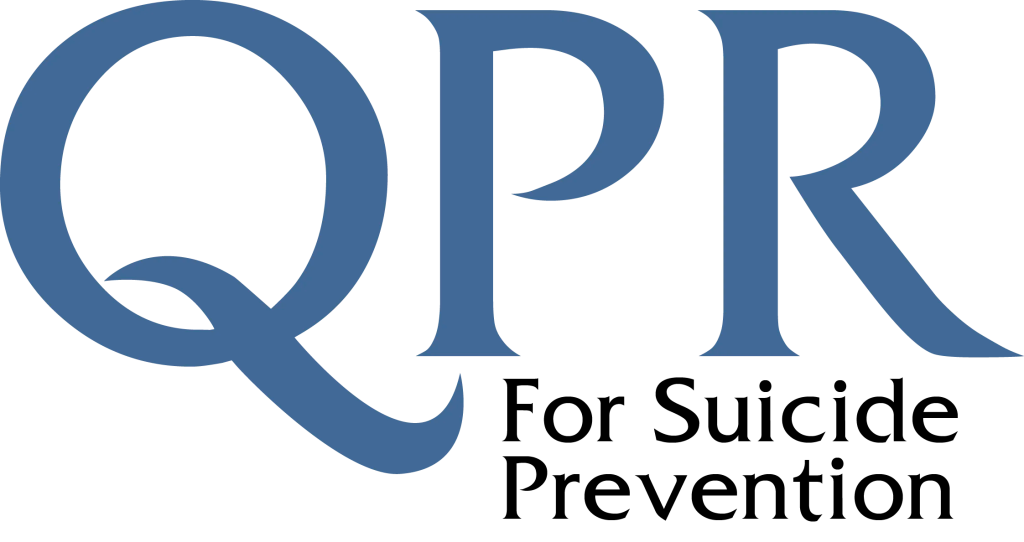
QPR for Suicide Prevention
People trained in QPR learn how to recognize the warning signs of a suicide crisis and how to Question, Persuade and Refer someone to help. These 3 simple steps can save a life from suicide. Saying "yes" to this training truly could save a life.
Connections Matter
Learn about trauma, ACEs, mind-body connections, and strategies for personal and community resilience. Create trauma-informed environments to manage stress and build stronger connections. The 4-hour training is offered virtually and eligible for 4 CEU credits.

Mandated Reporter Training
This free online training teaches mandated reporters how to recognize and report child maltreatment, as well as understand their legal responsibilities. It includes practice scenarios and is offered as a 1 1/2, 2, or 3-hour facilitated session by local PCA GA Mandated Reporter trainers.
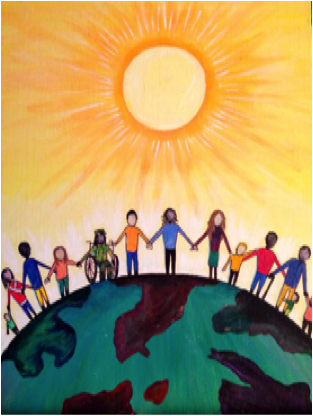
Community Resiliency Model Training (CRM)
CRM Workshops focus on creating trauma-informed and resiliency-informed individuals and communities that understand the impacts of trauma and chronic stress and can track their nervous system, balance their bodies, minds, and spirits, and pass their learned skills on to their friends, family, and community.

Circles of Safety: Understanding the Role of Healthy Sexual Development
This training prepares caregivers to promote healthy sexual development for children as an essential key to child sexual abuse prevention. Participants will learn to identify inappropriate or harmful behaviors and respond to early warning signs. Increased knowledge, confidence, and comfort equip participants to recognize and support children’s sexual safety.
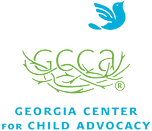
Human Trafficking: Preventing the Sexual Exploitation of Children
This training addresses human trafficking and the commercial sexual exploitation of children (CSEC). Areas of discussion will include trauma, abuse, and the victimization of children, warning signs and red flags to look for, how to access community resources available to victims, and steps that may help keep children safe.

Raising Resilient Families
This 2-hour training is appropriate for parents and caregivers of children of all ages and reinforces the importance of resilience as individuals, families, and communities. Topics discussed include typical responses to stress and its impact, ways to promote positive childhood experiences, and how to create resilience through connection.

Up In Smoke: Addressing Substance Use in Our Community
This 1-hour training offers youth-serving professionals, educators, and parents an overview of current substance use trends in Gwinnett County. Participants will explore the connection between substance use and mental health, resilience factors that can help prevent use, and practical tools to support healthier outcomes for young people.

Vaping and Youth Suicide: A Dangerous Link Emerging
In this 2-hour training, participants will examine the growing connection between e-cigarette use and youth suicide. The session highlights current data, risk factors, and strategies for reducing vaping behaviors while supporting youth mental health

The Pressure Zone: Youth, Substance Use & Mental Strain
This training will help equip participants with a foundational understanding of key mental health terms and current trends affecting youth. The session explores the complex relationship between mental health and substance use and introduces community-based strategies to promote resilience and well-being. Designed for educators, parents, health professionals, and advocates, this training equips participants with actionable steps to support healthier futures for youth.

BOUNCE: Believe in Yourself, Overcome Obstacles, Understand Emotions, Navigate Challenges, Connect with Support, Empower Yourself
This 90-minute interactive training, designed for middle and high school students, empowers youth to recognize their strengths, navigate challenges, and build emotional resilience.

The Path to Becoming Trauma-Informed
Community leaders and organizations will learn how to embed trauma-informed principles into everyday practices. Completion of Connections Matter is required prior to attending this course

Teen Mental Health First Aid
This course equips high school students, peer leaders, and members of student organizations with the knowledge and skills to recognize, understand, and respond to signs of mental health or substance use challenges among their peers. Through interactive sessions, participants learn practical strategies to support friends and foster a healthier school community.
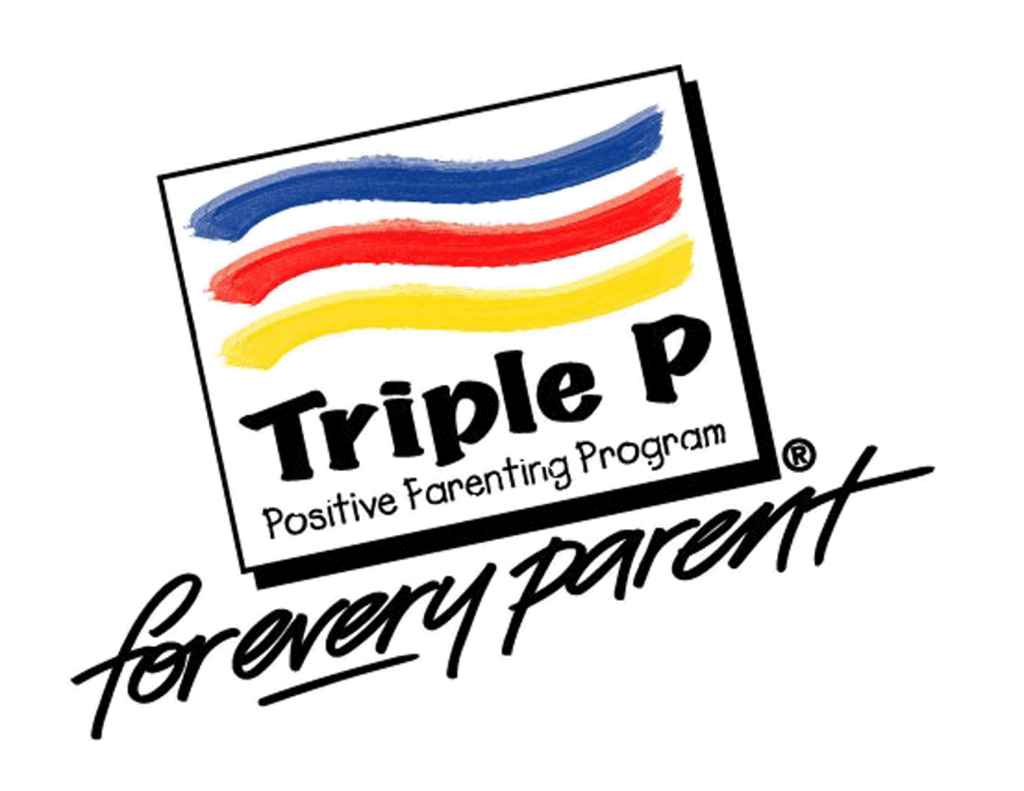
Triple P Positive Parenting
Triple P (Positive Parenting Program) offers simple and practical strategies to help them build strong, healthy relationships, confidently manage their children’s behavior, and prevent problems from developing. The key topics discussed in this training are ensuring a safe and engaging environment, creating a positive learning environment, using assertive discipline, having reasonable expectations, and caring for oneself as a parent.

Connect to Protect Kids
Connect to Protect Kids is designed to protect children and youth from sexual abuse, exploitation, and trafficking, as well as online, peer, and other types of interpersonal violence, using the latest research, updated prevention best practices, and consistent messaging for youth, parents, and all adults in a community.
What We Do
© 2023 Gwinnett Coalition. All Rights Reserved
